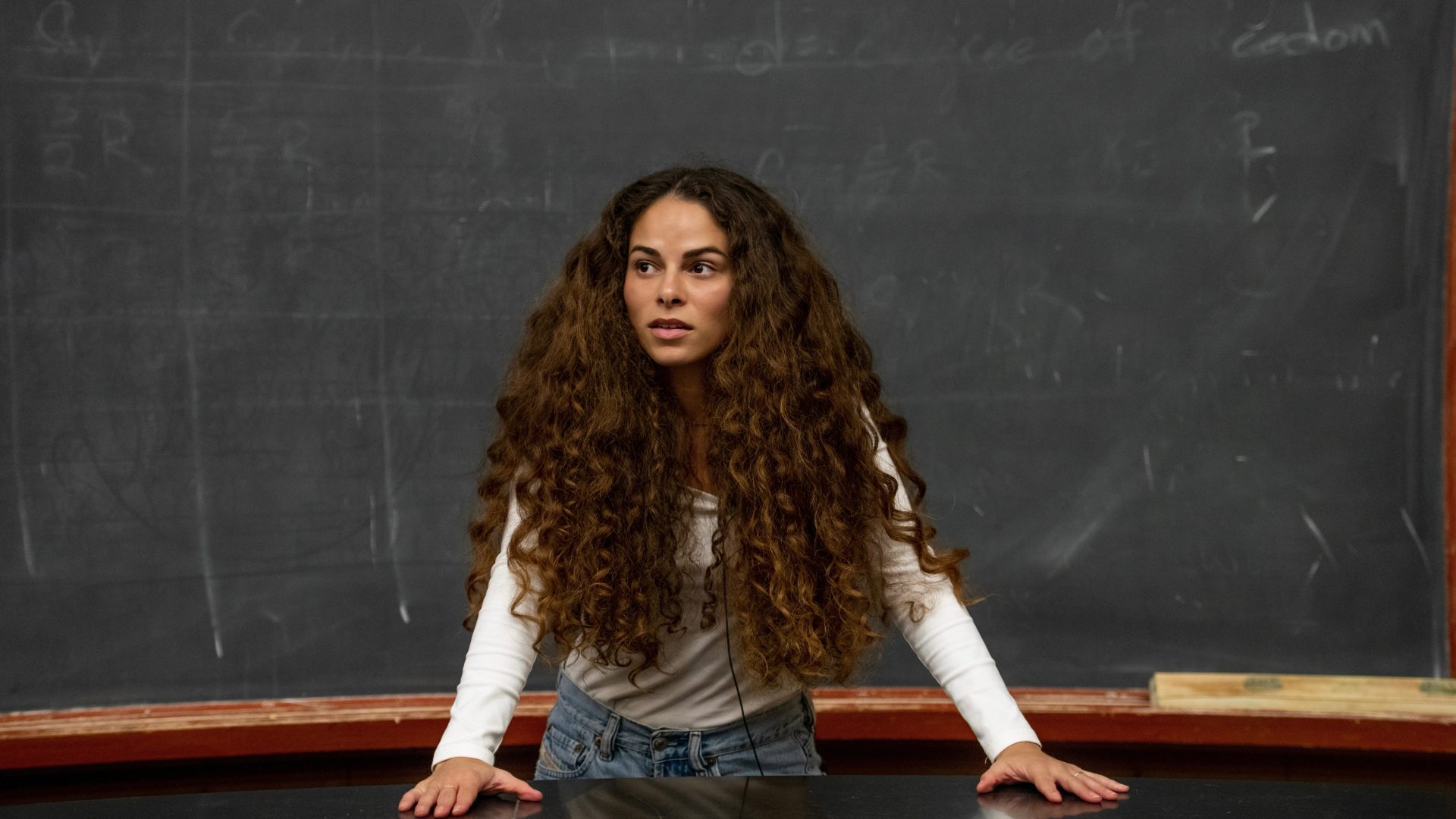
Climate education doesn’t have to be all doom and gloom. Here’s how 24-year-old Sage Lenier designed the curriculum she wished she’d had as a student—and rolled it out for countless others to benefit from.

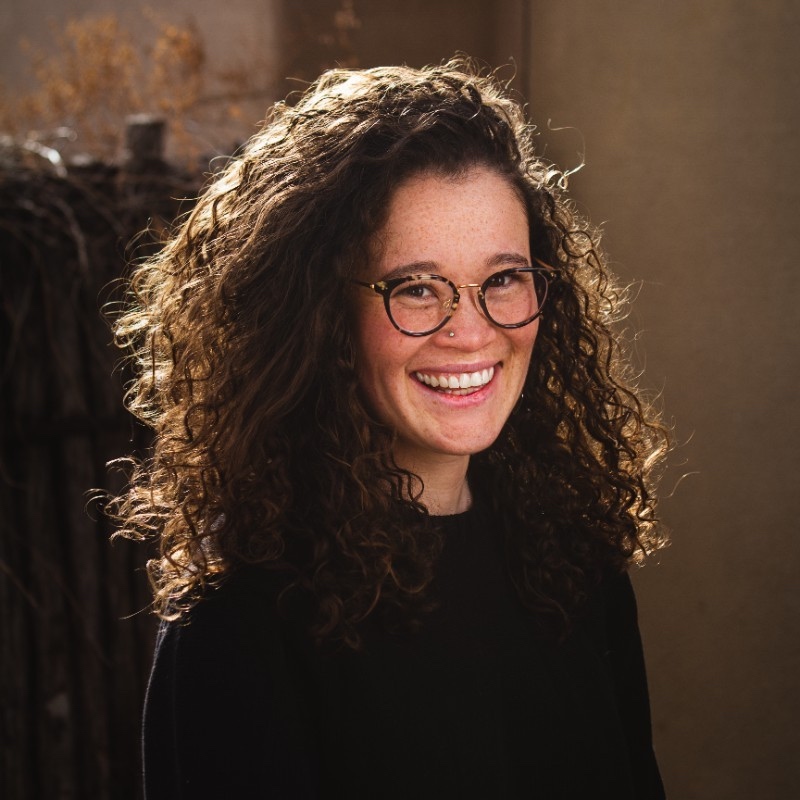
Climate education doesn’t have to be all doom and gloom. Here’s how 24-year-old Sage Lenier designed the curriculum she wished she’d had as a student—and rolled it out for countless others to benefit from.
In a world of global travel and communication, climate change is a tough topic. That’s hardly a surprise, given the scope of the issue and how it affects every aspect of our lives and choices. But the exact characteristics that make human-caused climate change a challenge to understand—urgent, all-encompassing, interconnected—are exactly why we need to know as much about it as we possibly can. Sage Lenier wants to change that.
When Lenier, a recent graduate of the University of California Berkeley and founder of the nonprofit Sustainable and Just Future (SJF), started to learn about climate change, she was frustrated by the curriculum she found. “The first problem is that you can get all the way through high school and college without ever learning a single thing about climate change,” says Lenier. “The second problem is that the education that is there sucks.”
After a climate change unit in a high school science class painted a dire, seemingly hopeless image of the future, Lenier started looking for information focused on solutions and justice. In the end, she made her own syllabus, taking advantage of a program at UC Berkeley that allows students to develop and teach their own courses. Lenier taught her first class, called ‘Solutions for a Sustainable and Just Future,’ in 2018. A couple of years after her graduation, the course is still going strong under the leadership of a new group of student-educators who are continuing to expand on the coursework she first laid out.
There’s only so much one undergraduate class at one university can do, and today Lenier is focused on scaling up the program into a national—and potentially even global—advocate and source of solutions- and justice-oriented climate education. We called her up to talk about how to teach climate change in a way that inspires hope, action and passion.
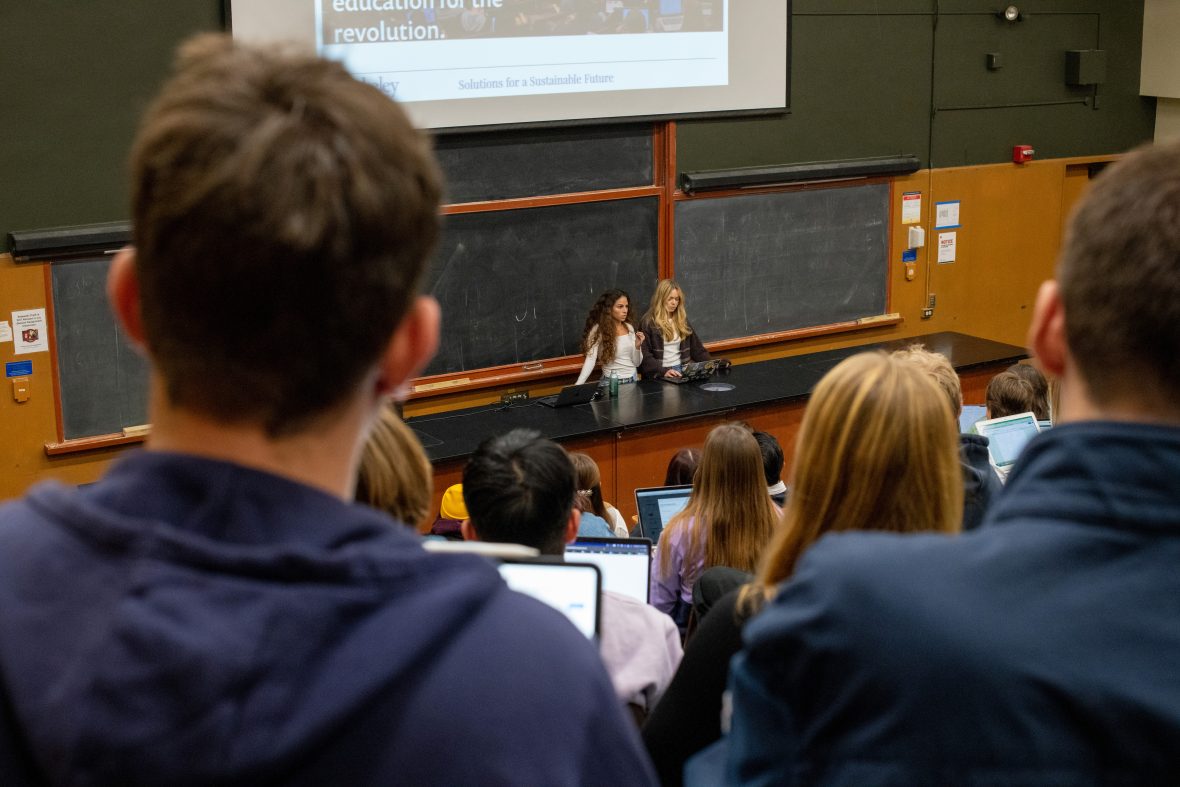
Miyo McGinn: Can you tell me a little bit about the origins of the course? Where the idea came from, and how it grew?
Sage Lenier: Well, I was a teenager with a lot of audacity, and I didn’t think that my professors or high school teachers or anyone had done a good job. And I was like, “I think I can do this better.” And I can assure you that at first, I was not doing it better. But we worked out the kinks.
It sounds like the topics included in your course are focused a lot more on human impacts than, say, ecology or atmospheric science. Is that intentional?
Yeah, on a basic level, two-thirds of the students who take the course aren’t studying anything related to the environment, so it needs to be a super-introductory level. Plus, teaching the science doesn’t matter as much as getting people passionate. And then they can pick what they’re interested in learning more about. Because we’re talking about public transit, carbon sequestration, bioplastics, farming—there are so many fields and so many different applications. So I’m not going to be the one to bore you with that.
Beyond that, I think [climate change] is inherently a human rights fight. Dividing it means you can achieve climate solutions without considering human rights. For example, cars and trucks create seven percent of the world’s greenhouse gas emissions. So the solution that’s being proposed by “green capitalism” is electric cars. Electric cars are the more sustainable option, but they don’t solve the inherent equity issue of a privatized transportation society. When my family’s car got totaled when I was 16, I had to drop out of high school because my mom couldn’t get to work anymore. I ended up re-enrolling in high school seven months later, and getting my diploma and everything. But that is a real-world way in which a fully electric car society would not have helped me out.
What do you think we’re getting wrong about our mindsets right now with personal, everyday choices we have—like travel, food, consumption, and the like?
I think there’s this bizarre thing going on, where a lot of people are like, “No, no, no, no individual options don’t make a difference.” You realize that there are 8 billion of us individuals, right? Collectively, we have a huge impact. Around 45 percent of global greenhouse gas emissions are associated with the production of household goods. I really want people to internalize that our consumption habits have to change and that we have to design a radically different economy not based on the consumption of goods, like, tomorrow.
That’s the harm reduction side—we have to stop the system as it stands, but then the rest of what we’re trying to do is build a better system. And so a community-power ethos is the other half of what I would like for people to walk away with. Rather than waiting around for sweeping national and international legislation that’s probably not coming soon enough, we have to figure out how we are going to start making our communities resilient on a local level.
We try to keep [the course] very action-oriented. So we’re constantly connecting our students with initiatives or organizations going on in the local community. And we’ve seen a really high success rate of students saying stuff like, “Yeah, I decided to get involved,” or taking more environmental coursework or even changing their majors.
Part of what makes climate change so hard to talk about and teach is how emotional and stressful it can be for people. How do you navigate that side of climate education?
I want to create safe places where people can feel like their nervous systems aren’t activated and they’re capable of showing up and envisioning this beautiful, better, sustainable, just world. And then creating a pathway for them to imagine how we get there, by covering the coverage of solutions and facts. I want to curate spaces of hope, rather than dwelling on anxiety and grief, because those are more intimate and more personal.
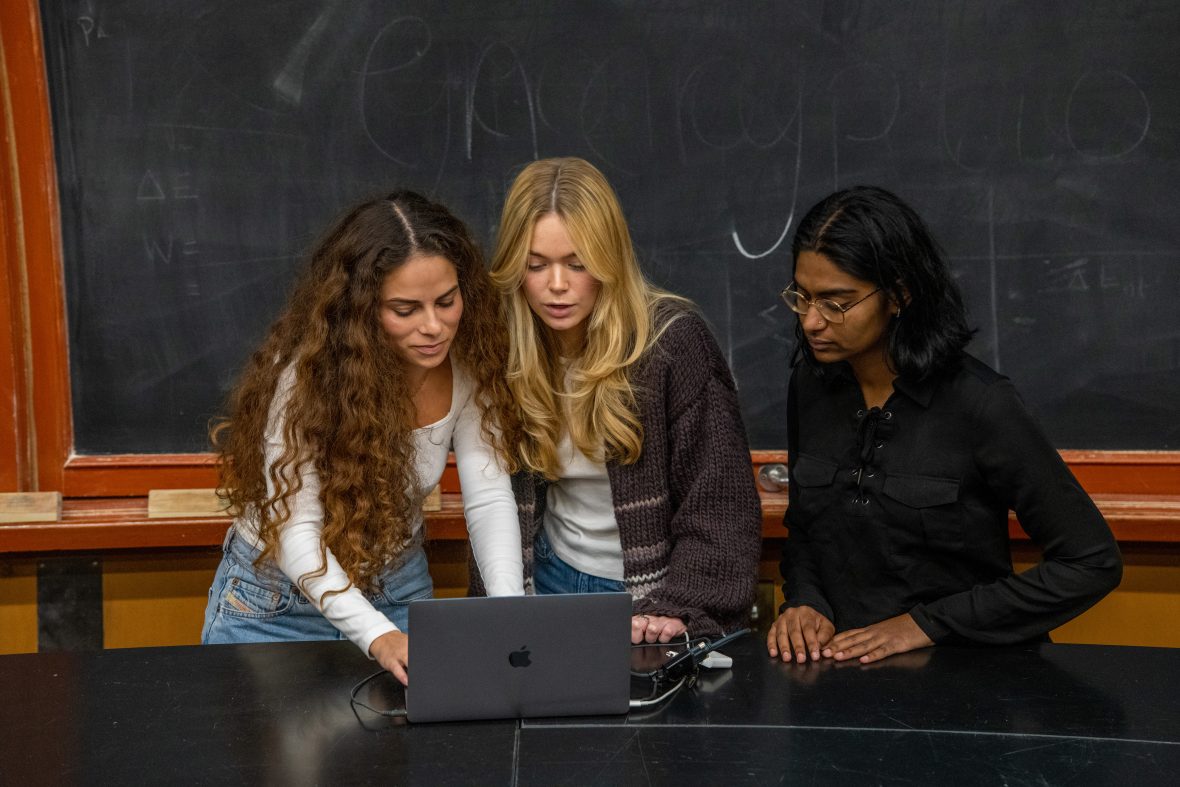
In some ways, young people are uniquely capable of responding to the absence of climate education, because we see what’s wrong, we know what we would like to learn, and we’re better able to speak to each other. But what role should older generations be playing in SJF’s work?
I know I’m not inventing the wheel here, and a lot of people have been working on solutions for a long time. They just maybe didn’t know how to popularize it on TikTok as well as I’m able to.
But seriously, this would really be a good time for people older than us to start to pay their due. I think a lot of people have tried so hard, but a lot of them have failed us. They do owe us, in a lot of ways, and one of those ways is to help us be better prepared. It’s getting frustrating to run up against all these institutional barriers where the administration at schools doesn’t want to teach better climate curriculums. I mean, they’re gonna send us into this problem, and then are not interested in helping us get through it.
Besides sharing your Berkeley course curriculum more widely, what’s in the works for SJF, and how can people support and get involved with your work?
We’re planning on making more types of educational materials that can be accessed in different ways, including video courses and hopefully having a podcast off the ground in the spring. We have an interest form for people who want to bring our curriculum to their school or community that’s gotten hundreds of responses. Instagram is a great way to stay up to date with what we’re up to, and donations are a great way to support!
____________________
This interview has been edited for length and clarity. You can learn more about Lenier’s nonprofit, Sustainable and Just Future, here.
***

Miyo McGinn is Adventure.com's US National Parks Correspondent and a freelance writer, fact-checker, and editor with bylines in Outside, Grist, and High Country News. When she's not on the road in her campervan, you can find her skiing, hiking, and swimming in the mountains and ocean near her home in Seattle, Washington.
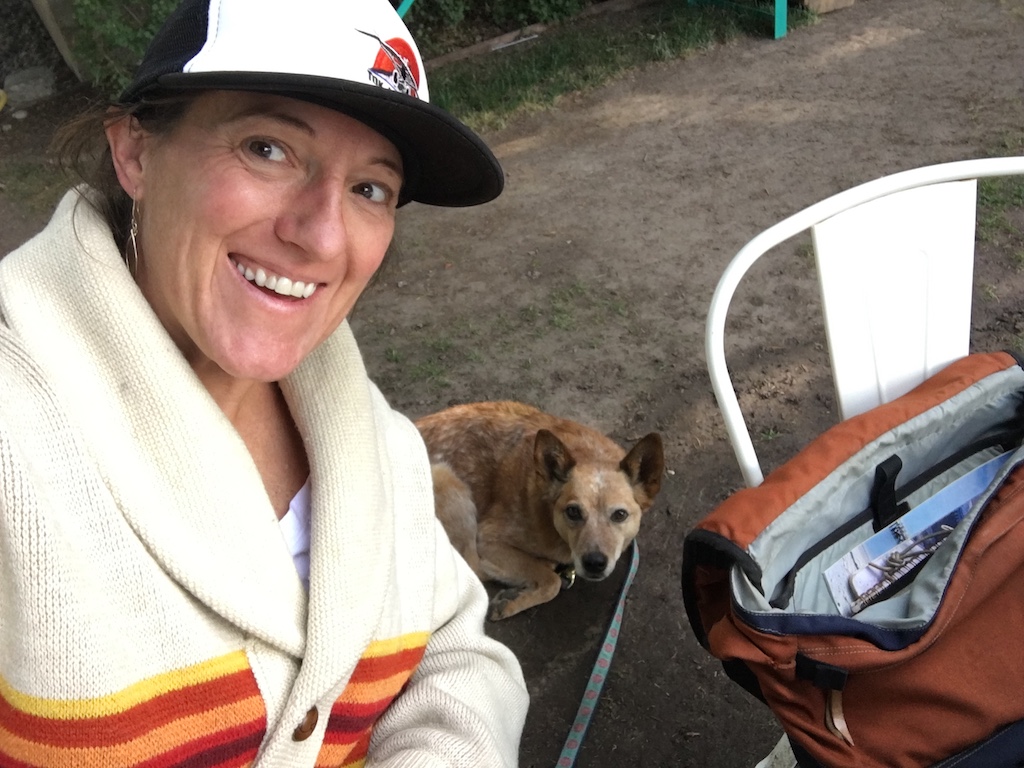

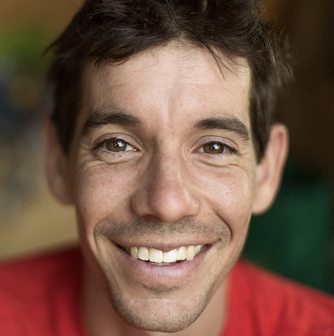

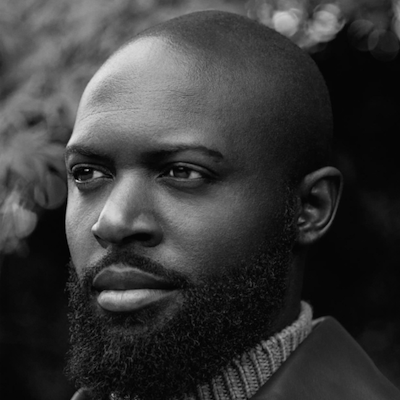

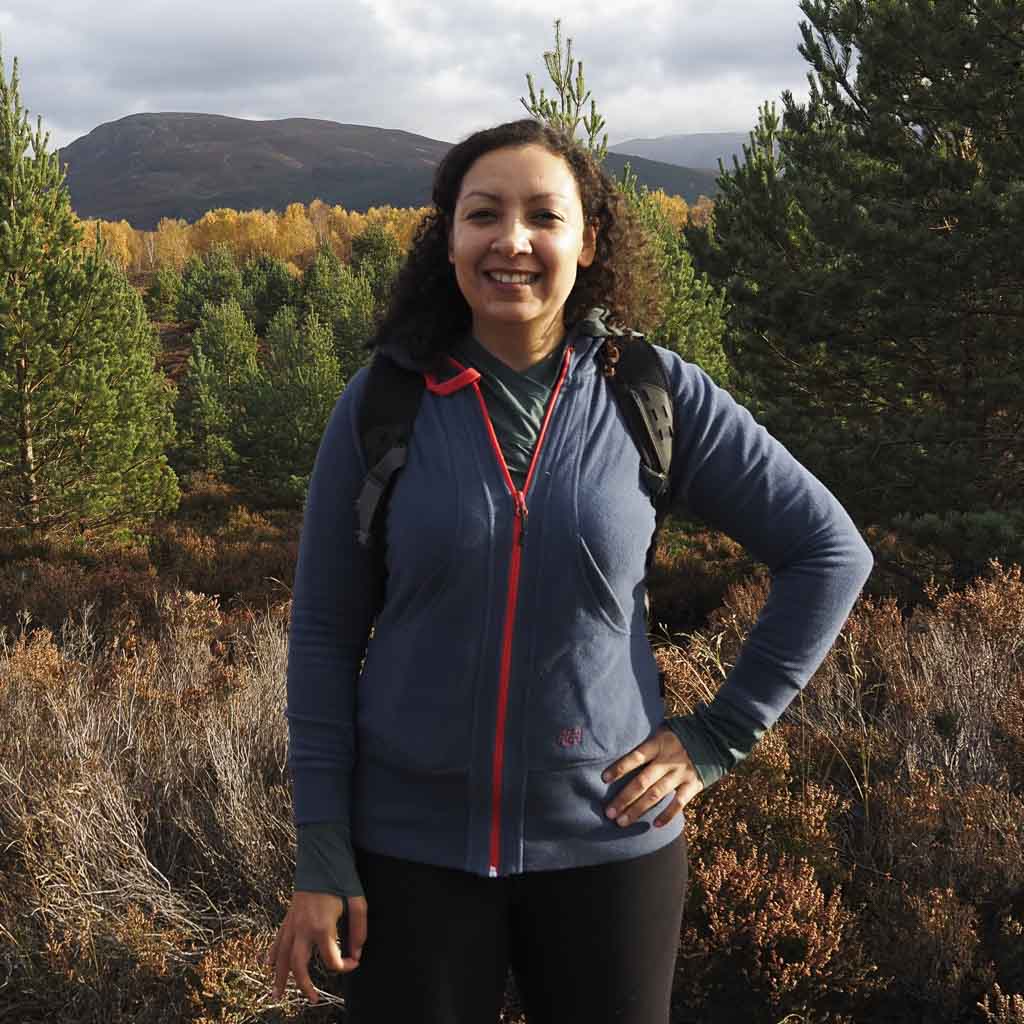

Can't find what you're looking for? Try using these tags: